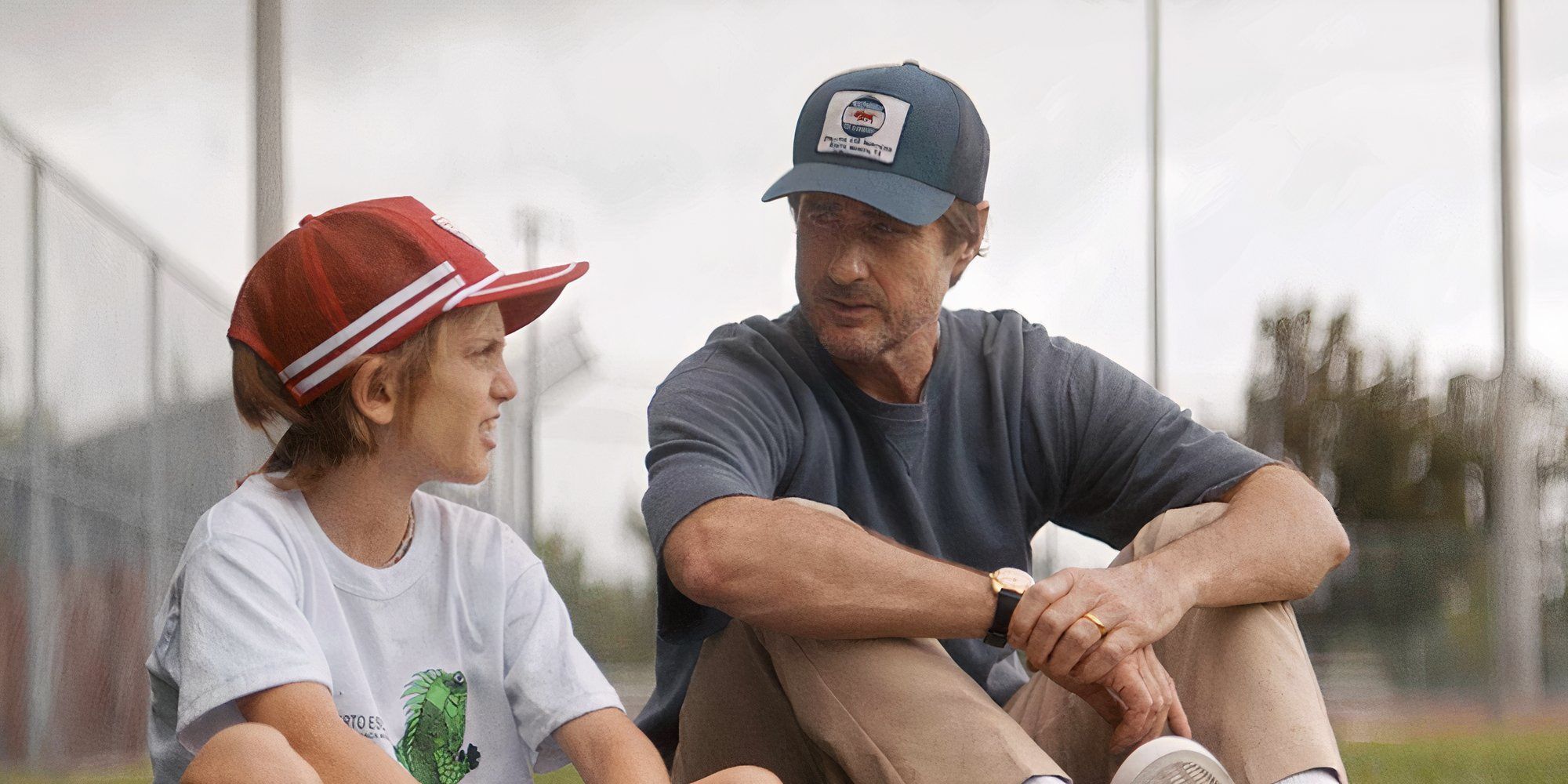You Gotta Believe stars Luke Wilson and Greg Kinnear as the coaches of an underdog Little League baseball team. This rag-tag group makes it to the Little League World Series in this semi-uplifting sports movie based on a true story. Unfortunately, You Gotta Believe doesn’t transcend or subvert the well-worn genre, opting to tell a disorganized narrative that doesn’t develop its characters enough to earn its climactic ending. Directed by Ty Roberts and written by Lane Garrison, You Gotta Believe will likely be a blip on the radar for audiences and the actors in the film.
Narratively, it’s difficult to argue with the experience of the Fort Worth, Texas Little League team that beat the odds and dedicated their streak to a teammate’s father who had cancer. However, there’s plenty to object to in how the film breaks down the story. Aside from the script, one of the most distracting aspects of the movie is the extremely shallow depth of field, making the film look more like a nature documentary than a feature. This type of cinematography doesn’t lend itself to movement, which is detrimental to a story about a sports team.
You Gotta Believe Is A Touching Story (But The Screen Adaptation Doesn’t Justify Itself)
There’s no clear reason why the narrative was made into a film, even if it’s a sweet tale
Neither Wilson nor Kinnear will be remembered as the best sports movie coaches, as the men mainly serve to deliver platitudes and grimaces during one of several montages. In terms of acting, the adults give serviceable, one-note performances that can’t uplift the script. It’s surprising Kinnear and Wilson took on this project, as it doesn’t do justice to their careers. Sarah Gadon plays Patti, the wife of Wilson’s Bobby Ratliff, the father who is diagnosed with cancer. Gadon’s character has little to do except look worried, but this rings true for most of the roles.
There’s little to no background or exposition given about the characters and their lives, and the child actors are nearly indiscernible from each other until the film’s final act. Unfortunately, the children are too young, and the ensemble is too big for us to get to know them or care about their futures. They’re at the nebulous age when there’s no threat of college and no pangs of puberty. This creates a lack of dramatic tension for the outcome of their games and is made worse by the static way the baseball scenes are filmed.
Despite its many missteps, the ending of You Gotta Believe would pluck even the most cynical heartstrings.
With choppy pacing and a weak connection between the dual narratives, it’s hard to care about the characters. The dichotomy of joy and tragedy is an essential part of life. However, You Gotta Believe can’t find a tonal balance that doesn’t make the jumps between training montages and melancholic moments in a hospital quite jarring. Incorporating hardship and loss into a sports narrative is possible. You Gotta Believe is similar to the underdog tale, The Long Game. But while The Long Game is also based on a true story, it has a concrete payoff and is easy to follow.
Despite its many missteps, the film’s ending would pluck even the most cynical heartstrings. The cameo appearances by the grown-up players are a strong appeal to our pathos. However, this emotional beat feels like an epilogue to a different film and is out of place. This drives home the realization that moments of inspiration or devastation are thanks to the factual events the film is based on, not any cinematic techniques.
You Gotta Believe Makes Artistic & Stylistic Choices (But Fails To Create Cohesion)
It can’t make up its mind about what kind of movie it wants to be
A few of the film’s stylistic choices were enjoyable and stood out, like the 4:3 footage. These shots are meant to look like the 2002 recording of the Little League World Series. If the movie had included even more nods to the setting and period with fun choices, it would have had an even bigger impact. Additionally, there were moments in the final game, when the team made it to the series, when I became invested in the outcome of the competition. But it was the only time I felt any semblance of stakes or tension throughout the film.
There is a decent movie hidden somewhere deep inside You Gotta Believe, but it never makes an appearance. Individual elements like children’s baseball, the grief of watching a parent succumb to illness at a young age, and the joy of being on a team are all significant, relatable themes. However, none of them are explored deeply enough to make an impression. The surface-level script and refusal to commit to any character’s development make the story and characters shadows of what they could have been.
You Gotta Believe is now playing in theaters.

